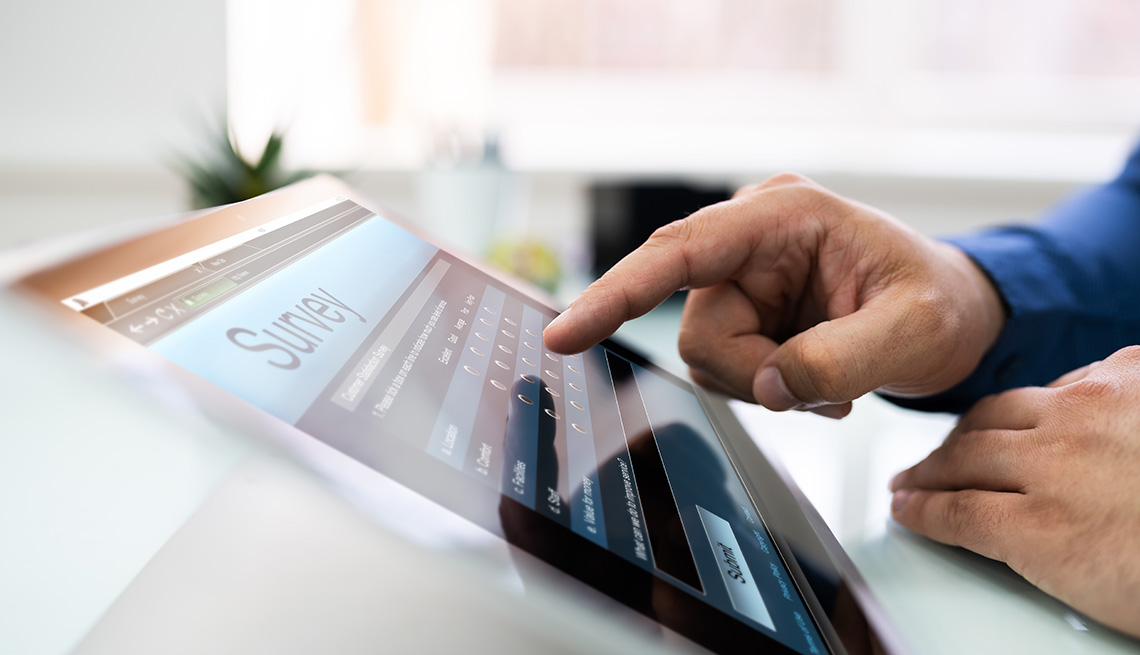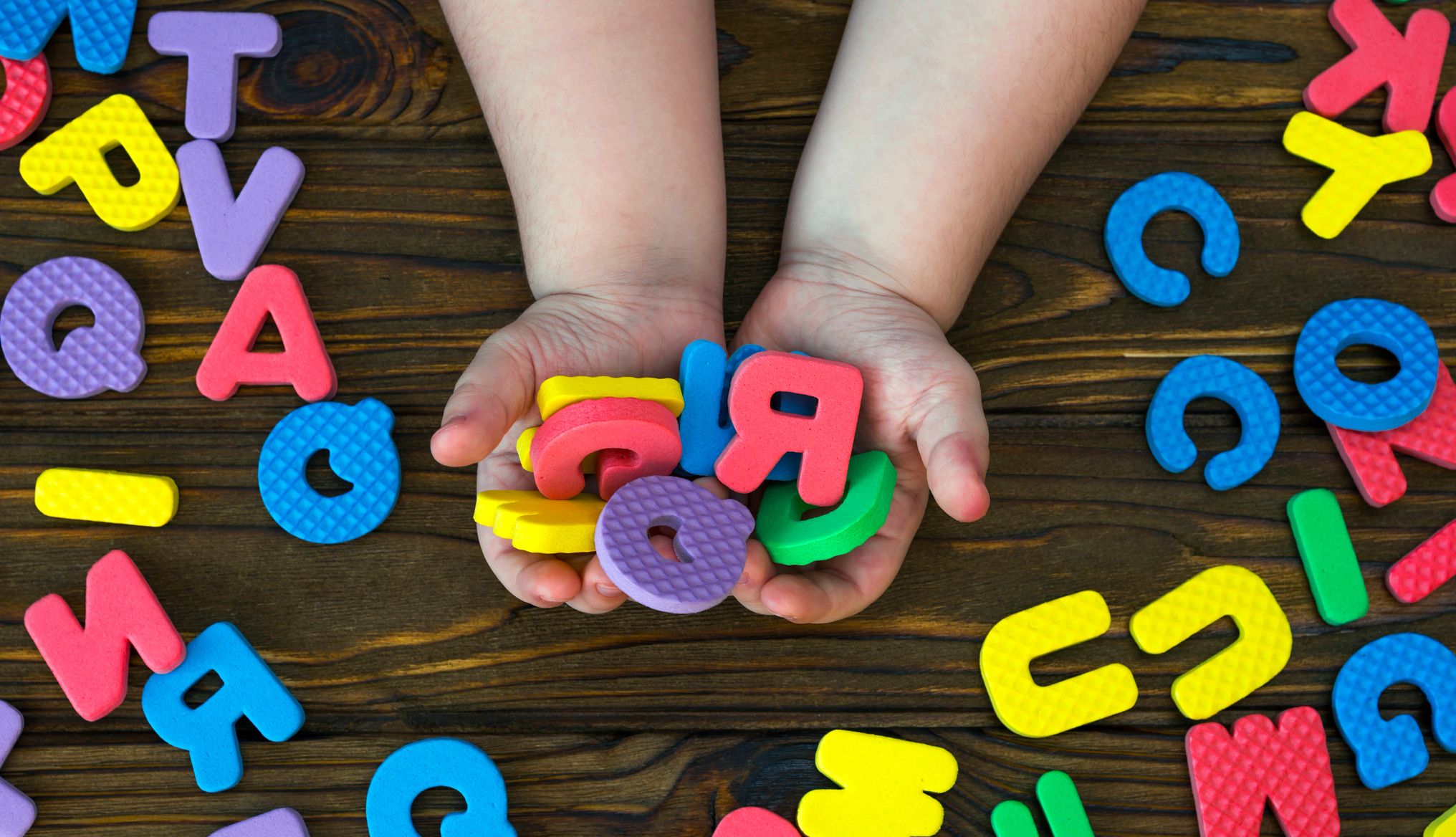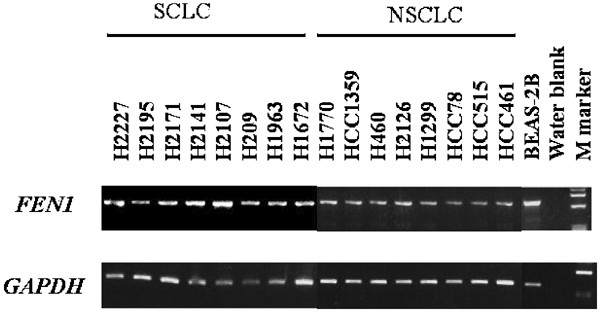
- Select a language for the TTS:
- UK English Female
- UK English Male
- US English Female
- US English Male
- Australian Female
- Australian Male
- Language selected: (auto detect) - EN
Play all audios:
Criminals reportedly have begun asking people to complete a survey about a COVID-19 vaccine in exchange for cash, an iPad Pro or other prize, the Department of Justice (DOJ) is warning. The
offer is a sham, with prizes dangled in front of consumers but never sent. And if people aren't careful, the crooks can steal their money, credit card number or other information.
Divulging personally identifiable information (PII) “increases the probability of identity theft,” the warning says. PII includes items such as your Social Security number, financial data
and a biometric identifier, like a fingerprint. Ever since the coronavirus pandemic erupted, authorities have been warning the public that criminals follow the headlines and use the news to
exploit the confusion surrounding the crisis by creating new ways to steal and swindle. We've seen scams over personal protective equipment and other products in short supply, frauds
focused on COVID relief dollars, and phony cures and treatments being sold. WHAT TO KNOW ABOUT THIS NEWEST SCAM 1. Reports to the DOJ show that consumers are receiving the bogus surveys in
emails or texts. You should never click on links in communications that claim to be a vaccine survey unless the message is from a known and verified source. 2. Consumers are being told that
“as a gift for filling out the survey, they can choose from various free prizes, such as an iPad Pro.” The messages claim that the recipients need to pay only shipping and handling to
receive their prize. But after they pay those fees, they never receive the promised prize. 3. Schemes that use links embedded in unsolicited texts and emails in attempts to obtain PII are
called phishing scams. They may appear to come from government agencies, financial institutions, shipping firms and social media companies, among many other entities. Carefully examine any
message purporting to be from such a source, and do not click on a link in an unsolicited email or text. 4. Remember that companies won't contact you to ask for your username or
password. 5. When in doubt, contact the entity that purportedly sent the suspicious, potentially fraudulent message, but do not click on anything in it. That contact info could be just as
sketchy, so use a phone number or website from an invoice. Regrettably, even internet search results can turn up sham contact information, so make sure to rely only on authentic sites. HAVE
YOU BEEN SCAMMED BY A FAKE SURVEY ABOUT VACCINES? The Justice Department urges victims to report the communication to the NATIONAL CENTER FOR DISASTER FRAUD HOTLINE by calling 866-720-5721
or filing an online complaint to the center. And if you’ve provided information to a suspicious website, take steps to protect yourself by visiting this Federal Trade Commission site:
identitytheft.gov. _Katherine Skiba covers scams and fraud for AARP. Previously she was a reporter with the _Chicago Tribune, U.S. News & World Report _and the_ Milwaukee Journal
Sentinel_. She was a recipient of Harvard University's Nieman Fellowship and is the author of the book _Sister in the Band of Brothers: Embedded with the 101st Airborne in Iraq_._









